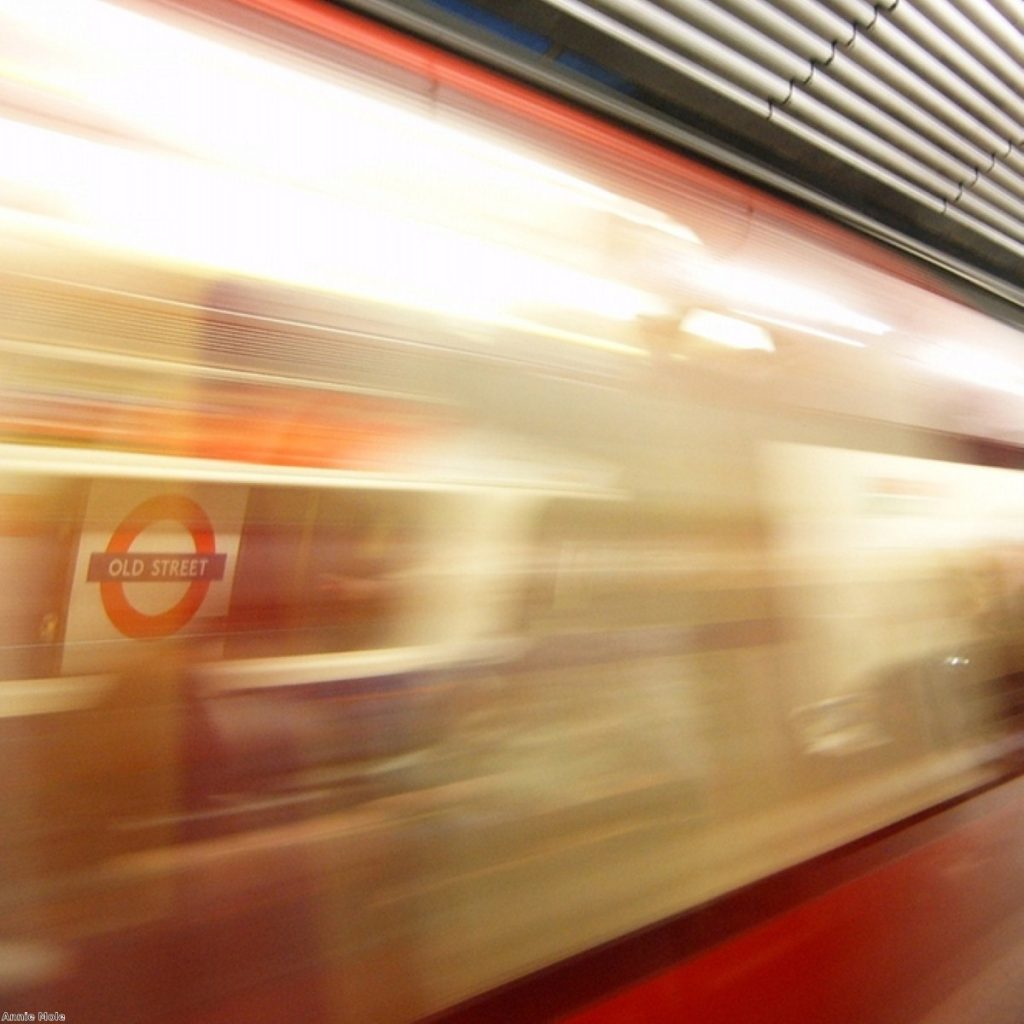Tories move against trade unions’ strike rights
A Conservative government after 2015 would make it harder for trade unions to go on strike, David Cameron has confirmed.
The prime minister reiterated Friday’s pledge to amend legislation on union strike ballots on “central public services” in the Tories’ 2015 general election manifesto this morning, saying he would act to protect “essential services” like the London Underground.
His promise is a victory for London mayor Boris Johnson, who had originally called for strike ballots to require at least 50% turnout to be legitimate as long ago as 2010.
Last week Johnson said Cameron had given him personal assurances that he would “deliver a deal on day one of a new administration”.


Now the prime minister has confirmed such a move would take place – but made clear it would only affect public services which are deemed “essential” by the government.
“In these essential services like the London Underground, the pain caused by people trying to get to work, trying to help their families, by these strikes, which are often supported by a relatively small percentage of the people who work for London Underground, I think is hugely damaging,” Cameron told BBC1’s The Andrew Marr Show.
“So I think time has come for setting thresholds in strike ballots in essential services. It is not something I can achieve in a coalition government. It is something that will be in our manifesto.”
It may be difficult for Cameron to implement his commitment in the event of a Conservative minority administration, which is increasingly talked about as a possibility in Westminster.
But trade union leaders will be deeply concerned by the possibility of such a move, which would deepen what they claim is already one of the toughest sets of legal restrictions on the right to strike in the advanced world.

